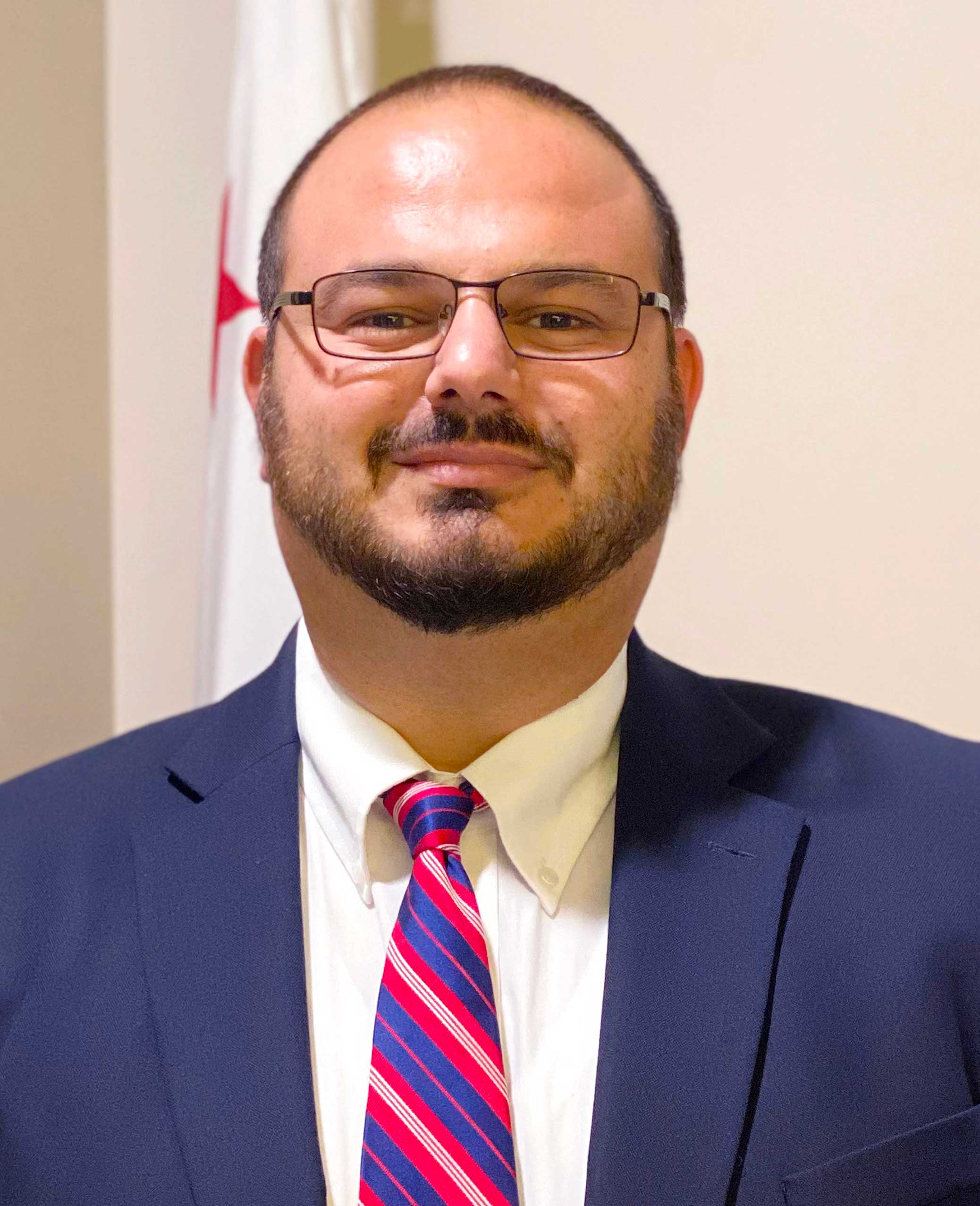Share
|
Getting your Trinity Audio player ready...
|
As Armenians around the world, supporters of Armenia, and human rights activists prepare for commemoration activities in honor of the victims and survivors of the 1915 Armenian genocide, there is a heavy feeling weighing on the minds of many that the Genocide is not a tragedy of the past, but one that is ongoing by Turkey’s proxy, also known as their “little brother,” Azerbaijan.

Opinion
Uzay Bulut

Sevag Tateosian
As we write this piece, the government of Azerbaijan continues to cut off the only road connecting Artsakh, also known as Nagorno Karabakh, with the rest of the world.
Since December 22, 2022, approximately 120,000 besieged Armenians have been suffering from shortages of every necessity – from food and water to medicine and fuel.
After launching a murderous war against Artsakh for 44 days in 2020 which was supposed to be suspended with the November 9 ceasefire agreement, Azerbaijan is now blocking the Lachin Corridor that connects Artsakh with Armenia.
Due to this ongoing illegal blockade, many medical operations have had to be postponed, causing a humanitarian crisis in the region. Schools have been obliged to close, thousands of businesses have had to stop their operations, and thousands of people have lost their jobs and sources of income.
The ongoing blockade has turned Artsakh into a prison camp.
Imagine being treated like this in one’s country where one’s ancestors have lived for millennia because a foreign force blocks the only road between one’s homeland and the rest of the world in an attempt to force everyone to leave.
Imagine struggling to get rationed food from stores with government-granted coupons because that foreign force has prevented the free movement of goods, services and all the population, cut off from the rest of the world.
This is what the indigenous Armenians of Artsakh have been subject to by the government of Azerbaijan for the past 4 months.
And all this is happening as April 24, the 108th anniversary of the 1915 Armenian Genocide, approaches.
In 1915, Ottoman Turkey perpetrated a genocide against Armenians and other Christians. Approximately 1.5 million Armenians perished in the genocide.
A different type of genocide against Armenians is being implemented today by the government of Azerbaijan and its ally, Turkey, this time in Artsakh, through deprivation including starvation.
David Marcus, a Professor of Law at UCLA School of Law, writes in his article “Famine Crimes in International Law”:
“Murder is a crime against humanity. Alternatively, famine crimes, especially those of the first degree, could be considered crimes of extermination… Extermination is defined as ‘the intentional infliction of conditions of life, inter alia the deprivation of access to food and medicine, calculated to bring about the destruction of part of a population.’
“Governments deliberately use hunger as a tool of extermination to annihilate troublesome populations,” adds Dr. Marcus.
The government of Azerbaijan sees Armenians in Artsakh as “a troublesome population” because they are Armenian, Christian, and indigenous, and they want to be free.
And this is how Azerbaijan is punishing them: by extermination through starvation.
Electricity Cuts, Gas Supply Disruptions
The illegal blockade is also accompanied by electricity cuts, recurrent gas supply disruptions, intimidation, and threats of use of further military force, all orchestrated by Azerbaijan.
The natural gas supply from Armenia to Artsakh has been repeatedly disrupted by Azerbaijan, leaving tens of thousands of people in cold weather conditions without access to heating.
Armenian farmers are also targeted by Azerbaijan. On March 30, for instance, there were 3 cases of Azeri military forces firing at Artsakh civilians trying to do whatever agricultural work. This occurred twice in the village of Berdashen, and once in the village of Taghavard. As a result, even trying to benefit from the earth was discouraged.
Azerbaijan thus strives to create unbearable, inhuman conditions of living for the Artsakh people. This criminal objective is nothing short of ethnic cleansing and genocide.
The Lemkin Institute for Genocide Prevention has repeatedly issued “Red Flag Alerts for Genocide” regarding the situation in Artsakh.
Call for Sanctions
On April 12, it published a statement demanding that necessary action be taken to bring Azerbaijan into compliance with measures of the International Court of Justice (ICJ) ordering Azerbaijan to allow general access to the Lachin Corridor.
It also demanded “that Azerbaijan be sanctioned once and for all for its criminal actions, and that the international community demonstrates respect for the principles it has adopted to end atrocity crimes and endless wars around the globe.”
Azerbaijan, however, has ignored these calls and instead has chosen to continue killing Armenian soldiers. On April 12, for instance, at least 4 Armenian soldiers defending the borders of the Republic of Armenia were killed and another 6 injured in an attack by Azerbaijan.
Azerbaijan also continues to abuse Armenian prisoners of war (POWs) in Azerbaijan arrested during or even after the 2020 war against Artsakh.
“There are currently 33 POWs in Azeri prisons acknowledged by Azerbaijan, but at least 80 POWs have disappeared,” Siranush Sahakyan, a human rights lawyer, told us.
By abusing the Armenian POWs, Azerbaijan is violating the 1949 Geneva Convention relative to the Treatment of Prisoners of War.
“Azerbaijan denies Armenian POWs’ access to non-Azerbaijani state appointed lawyers,” added Sahakyan. “Despite the fact that Armenian POWs cases are being examined before the European Court of Human Rights (ECtHR), which fully recognizes our powers of attorney, no possibility was given to us to communicate with our clients for the purposes of effective legal representation. Families of acknowledged POWs receive limited information through ICRC channel.
“The international community should not undermine human rights for economic benefits and should act in a more principled manner, by applying sanctions and enforcing individual criminal liability mechanisms for justice and accountability,” noted Sahakyan.
The Armenian Genocide Remembrance Day is observed internationally on April 24 to commemorate the victims of the Armenian genocide of 1915. The date April 24, 1915 when Armenian intellectuals were arrested in Constantinople (present-day Istanbul) is marked as the beginning of the genocide.
April 24 marks the 108th anniversary of the 1915 Armenian genocide. Yet, a second Armenian genocide is already taking place as Azerbaijan starves and besieges Armenians, invades more Armenian land, kills Armenian soldiers and civilians, shoots at Armenian farmers and tortures Armenian prisoners of war. All this while the international community stands idly by.
About the Authors
Uzay Bulut is a Turkish journalist formerly based in Ankara and a research fellow of the Philos Project. Sevag Tateosian is a local business owner and host and producer of San Joaquin Spotlight on CMAC Comcast 93 and Att 99 and TalkRadio 1550 KXEX.
Make Your Voice Heard
GV Wire encourages vigorous debate from people and organizations on local, state, and national issues. Submit your op-ed to rreed@gvwire.com for consideration.
RELATED TOPICS:
Categories

Fresno County Authorities Seek Help Locating Missing Woman


















